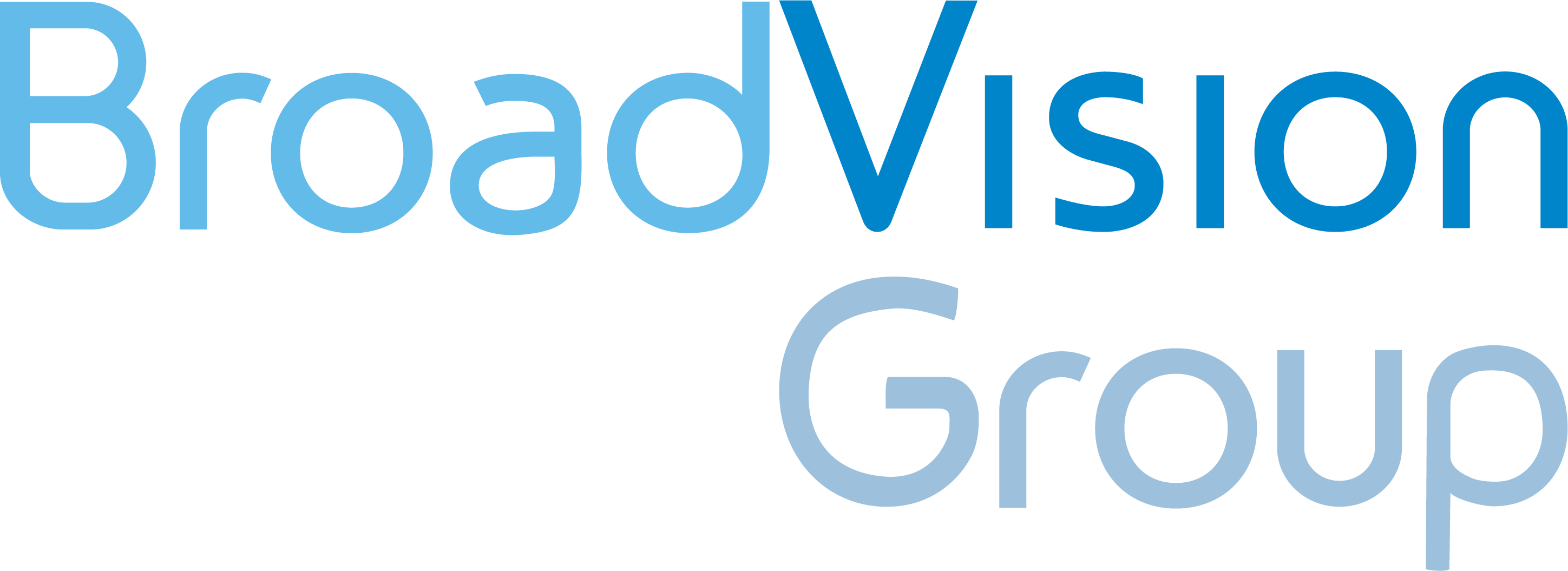Uh, maybe, but only for some of the lessons it might teach
 After a long week of PR of the unwanted kind, Facebook met with reporters yesterday to unveil a number of features that seem particularly well-aimed at quelling consumer discomfort with privacy issues. The two most noteworthy — and newsworthy — features are:
After a long week of PR of the unwanted kind, Facebook met with reporters yesterday to unveil a number of features that seem particularly well-aimed at quelling consumer discomfort with privacy issues. The two most noteworthy — and newsworthy — features are:
–you can now download all the data you have ever posted to FB in a neat little zip file. As Rob Pegararo of the Washington Post notes, this is “an enormously important change for Facebook and its users. It ensures that the communication that we have downloaded remains our property and free for our reuse.”
–Facebook Groups, an old feature, will now behave the way most simple collaboration platforms behave — they can now be private, and more feature-rich with some of the tools that have been adopted by ad hoc groups and small business.
Again, the timing and the substance of the announcements feel like a response to the negative chatter that the film has been generating. In fact, yesterday’s press briefing was CEO Mark Zuckerberg’s first outing since the film’s debut. But for anyone in the business collaboration market, there’s another, less-sensational story brewing here, and it is certainly worth following. A colleague asked me last night, will Facebook Groups disrupt the Enterprise 2.0 market? We’ll have to wait and see, of course, but from where I sit, this has potential to disrupt the general business collaboration market because, quite frankly, this is Facebook, and they’ve got so many people on their platform. But the disruption is likely to play out differently across the various sectors of the market.
On the low-end, Facebook Groups is likely to put pressure on vendors that provide simple collaboration tools — for example, 37Signals, Ning, and Google. We’ll have to see how much pressure — some of these tools are quite popular and quite good. But on the higher end of the market — the part of the market that sells to the enterprise — the disruption is likely to be more subtle. The enterprise will require a whole lot more functionality, and more in the way of privacy and security. But Facebook Groups could help evangelize the new architectural requirements for business collaboration. It wouldn’t be the first time that Facebook taught the business community something about collaboration — think of all the Enterprise 2.0 vendors who cannot resist telling customers that they are a “Facebook for the enterprise”? But the new lesson from Facebook — obvious to some, but not yet clear to many — is that collaboration with people outside your company needs to be in the cloud — how else would you be able to freely connect and collaborate with them? And it has to be do-it-yourself, scalable, and in an environment that allows you to move easily from public to private spaces, and yes, manage all those spaces. Long-term, that’s probably bad news for “software”-based systems (e.g., JIVE and Microsoft Sharepoint). But it’s gotta be good for the cloud.
We’ll be watching this closely, for sure. In the meantime, it will be interesting which story will play out longer after this week — the story that Facebook is beginning to take privacy and consumer data more seriously, or the story that social-business software is being challenged by the social business cloud. I’m betting on the latter. And I’m betting on the cloud.
